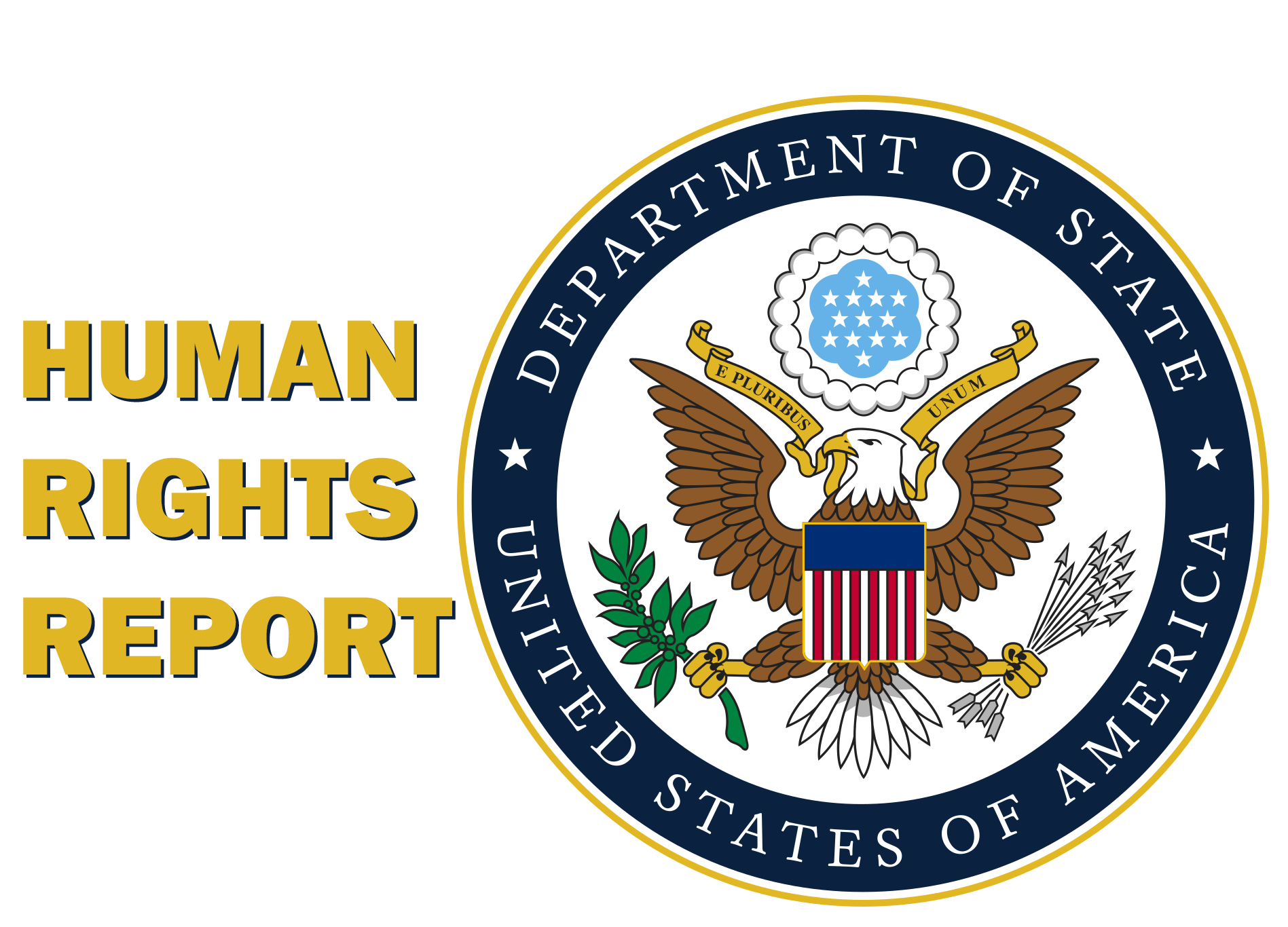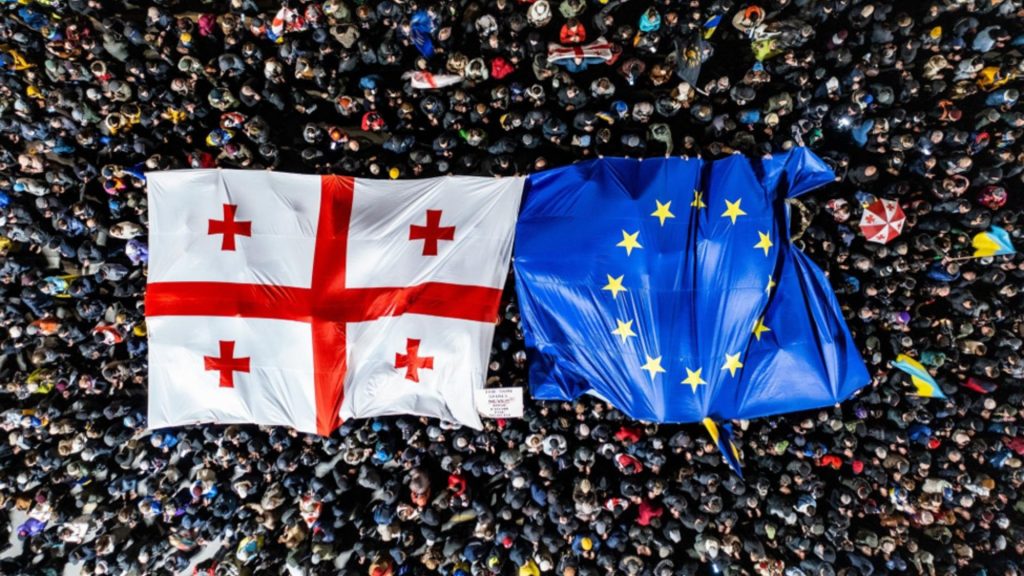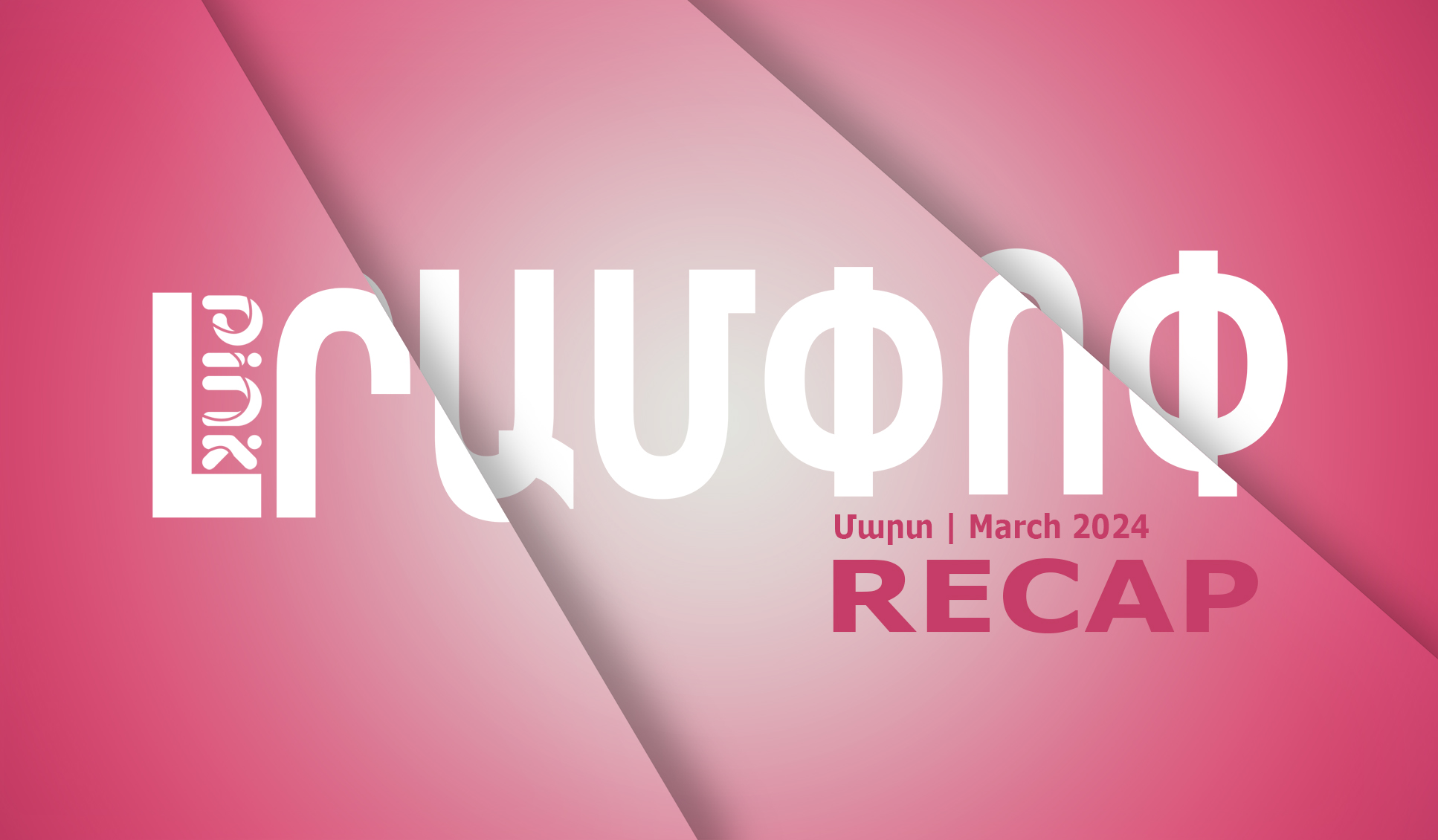Human Rights House joint statement for the UN Human Rights Council 29th session
Today, during the UN Human Rights Council 29th session Armenian delegation presented the stance of the state on Universal Periodic Review recommendations received on January 22.
Human Rights House Foundation came up with a joint statement which was endorsed by members of the Human Rights House Yerevan.
Joint statement
 The Human Rights House Foundation welcomes the participation of the Republic of Armenia to its Universal Periodic Review (UPR). Armenian civil society has also participated actively, including a broad coalition of independent non-governmental organisations around the Human Rights House Yerevan.
The Human Rights House Foundation welcomes the participation of the Republic of Armenia to its Universal Periodic Review (UPR). Armenian civil society has also participated actively, including a broad coalition of independent non-governmental organisations around the Human Rights House Yerevan.
Insufficient steps have been taken towards the implementation of the recommendations of Armenia’s first UPR, which have been made to the Armenian State and accepted by the country during the first UPR cycle (on 6 May 2010), as demonstrated by the high number of recommendations repeated during the two cycles. The main reason of this recurrence is that Armenia either failed to take actions to fulfill the accepted recommendations, or the taken actions had merely formal nature.
Both at the first and second cycle of its UPR review, Armenia received and accepted recommendations addressing the need to “respect and protect the right of human rights defenders and journalists to undertake their legitimate work without the fear of harassment, intimidation or reprisals[1]. In addition, Armenia was recommended to “ensure, in its laws and regulations as well as in practice, that no arbitrary impediments are imposed with respect to exercising the right to freedom of assembly”[2].
Despite the accepted recommendations, on 23 June 2015, the Armenian police used excessive force and special means towards peaceful demonstrators in the centre of Yerevan. 237 demonstrators were detained A number of media representatives and human rights defenders were subjected to violence.[3]
We call upon the Armenian government to investigate the use of force by police units and hold those responsible for excess accountable.
We further call for the right to peaceful protesters to be fully guaranteed, including for spontaneous demonstrations. Authorities should also ensure that journalists and media workers are free to fulfill their work without hindrance as recommended by Chile, Estonia, Finland, Lithuania and Poland.
By investigating thoroughly and independently the police violence, Armenia would take a step in direction of implementing the recommendations it received during at its two UPRs in relation to the right to assembly and to protest peacefully.
Amongst other recommendations made to Armenia during the second cycle, we would like to emphasize the need for Armenia to “undertake effective measures to ensure the independence of the judiciary” and to “establish a system for the management of complaints of torture and ill-treatment by police and security forces to ensure that such acts, committed against civilians or prisoners, are effectively investigated and sanctioned”[4] (Belgium).[5] We further urge the Armenian authorities to immediately release political prisoners and stop using similar practice in future.
Armenia was also requested to “ensure the respect for the principle of non-discrimination and to adopt a comprehensive anti-discrimination legislation”[6] (Netherlands).
Other issues that have been addressed by the States in their recommendations to Armenia both during the first and second cycles include the elimination of all forms of violence against women; the promotion and protection the rights of the child and the need to combating human trafficking, among others.
We call upon Armenia to work on the effective implementation of the accepted recommendations and to present a middle implementation report on its progress. We call upon Armenia to provide concrete indicators measuring the progress of the implementation of the recommendation including a description of adopted laws and legal reforms; the number of prosecuted cases of torture; the investigation into cases of attacks against journalists and the punishment of those responsible; the progressive increased allocation of funds for the activities that require State investments, etc.
Finally, we would like to call upon Armenian authorities to have a positive stand towards human rights organisations, especially when they are critical towards the government’s policies. We call upon Armenian leaders to publicly express support to the work of human rights defenders, especially when they are targets of violence or hate speech. Such NGOs monitor and document progress in relation to Armenia’s obligations under international human rights law and its commitments in the UPR process.
[1] A/HRC/29/11, Recommendations 120.148. Made by Finland
[2] See also A/HRC/29/11, Recommendations 120.142 Made by Uruguay.
[3] https://humanrightshouse.org/Articles/21041.html
[4] A/HRC/29/11, Recommendations 120.94. Made by Belgium
[5] Both the topics were emphasized in the recommendations of other State as well
[6] A/HRC/29/11, Recommendations 120.48. Made by Netherlands




